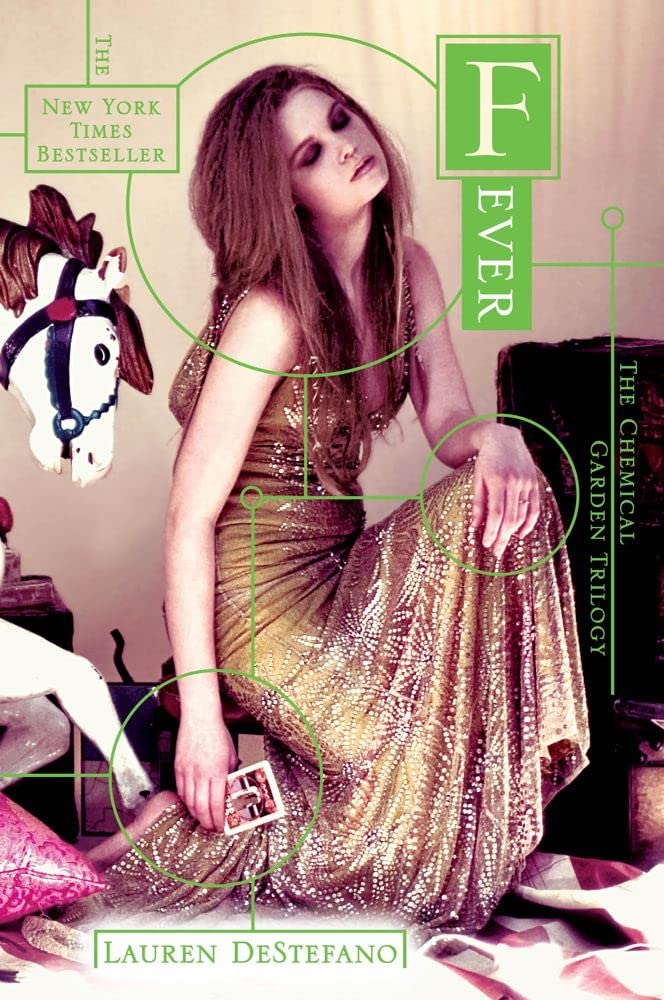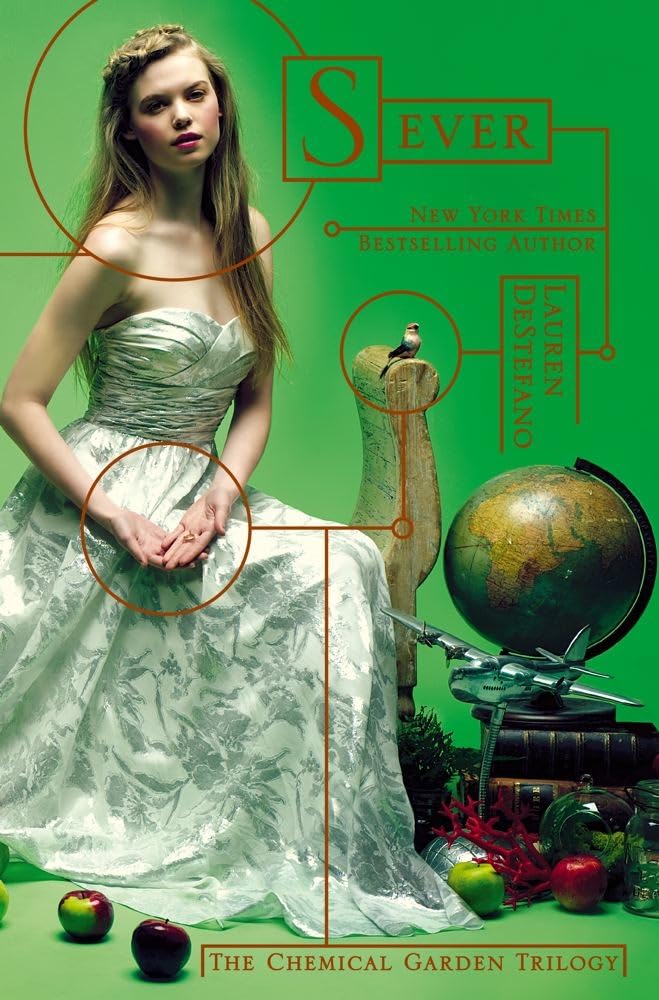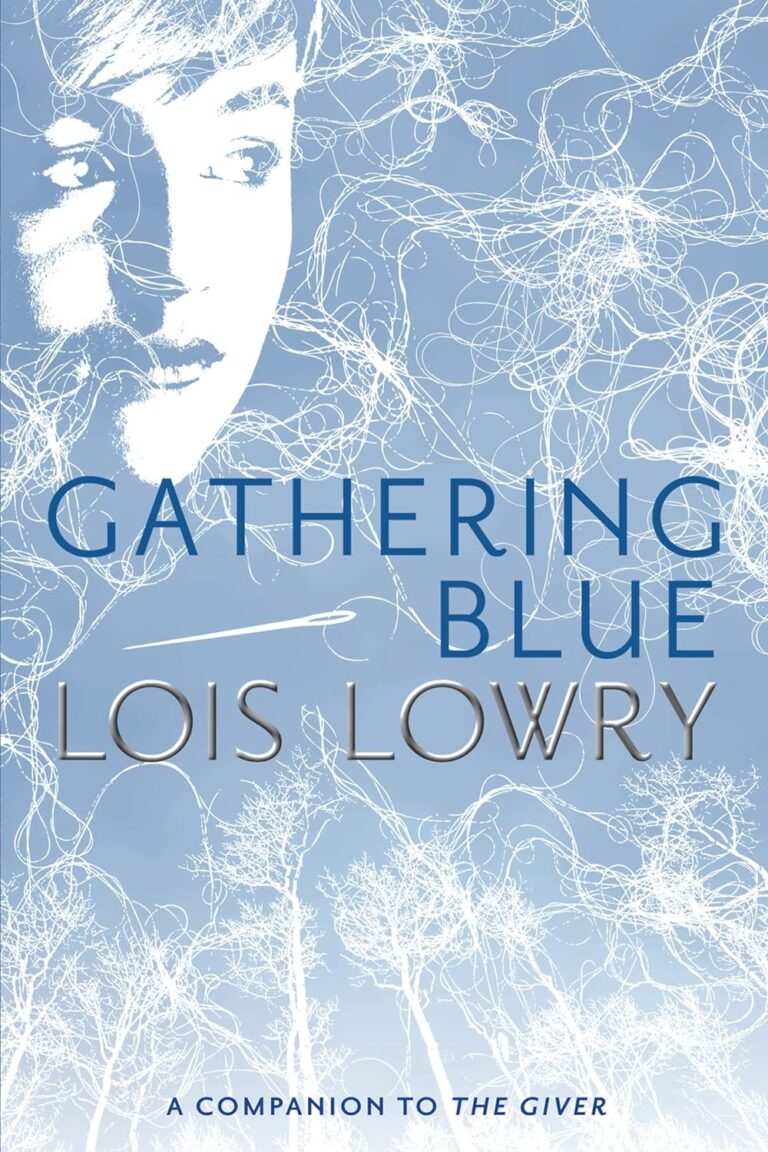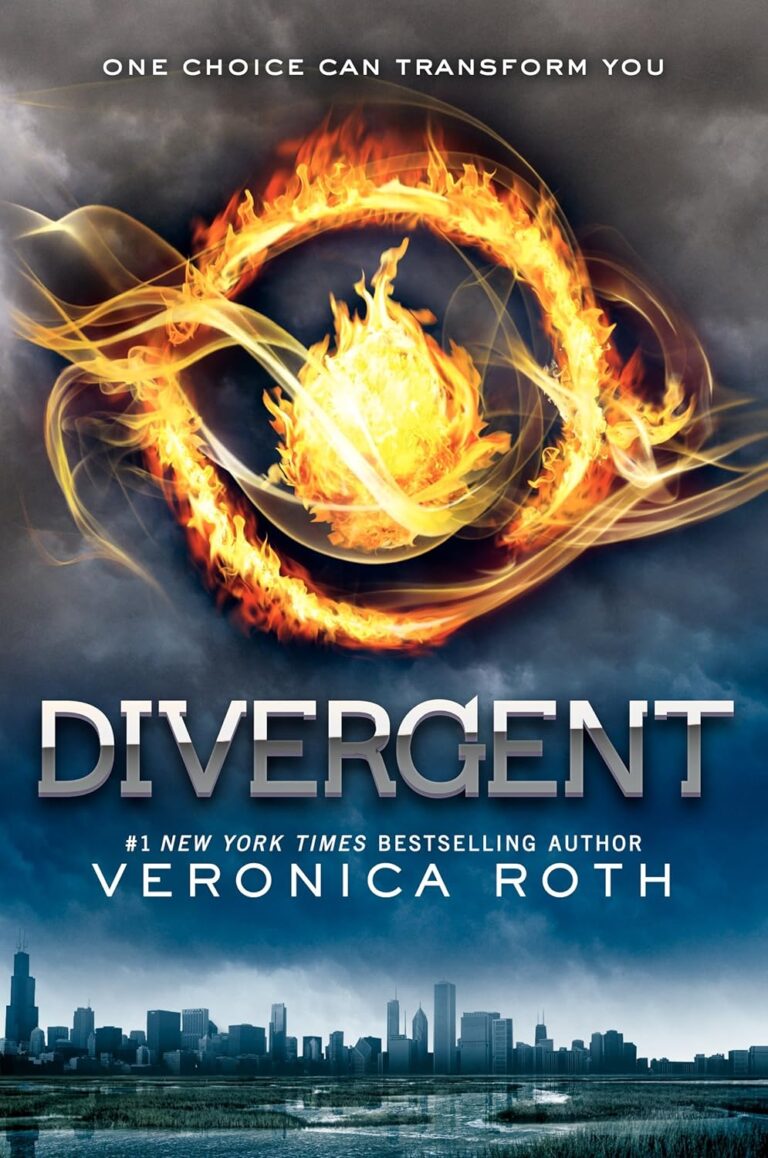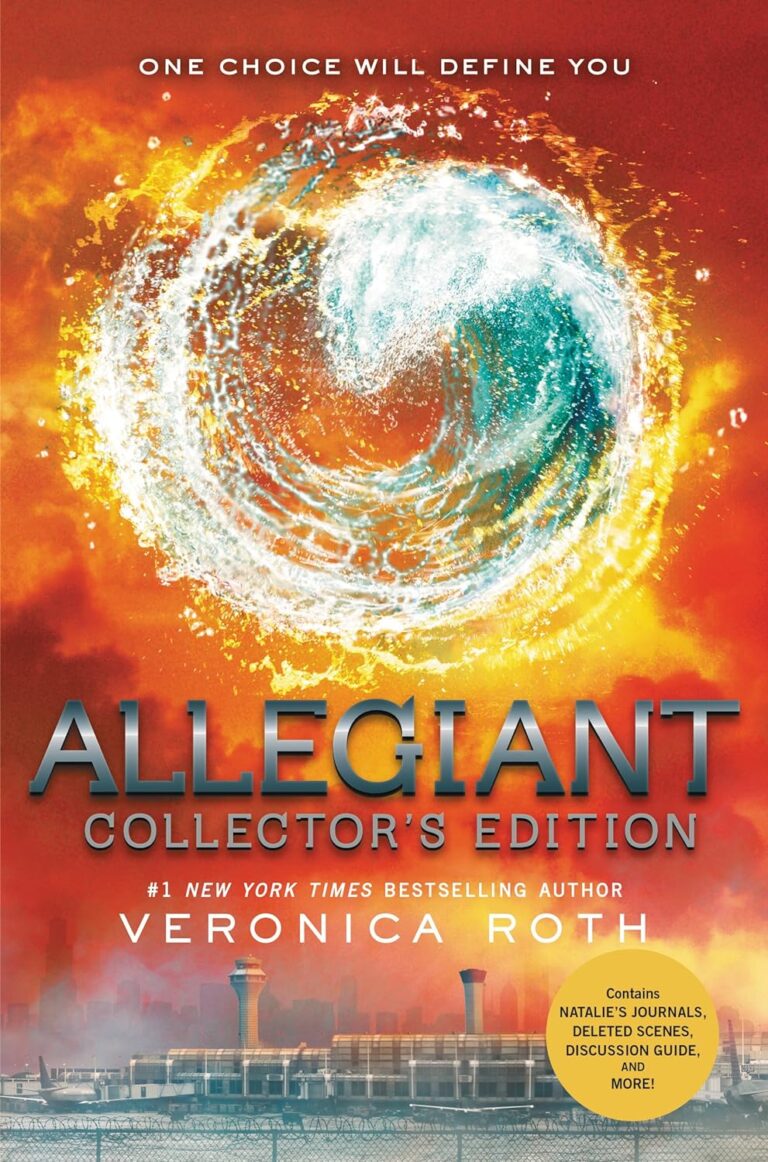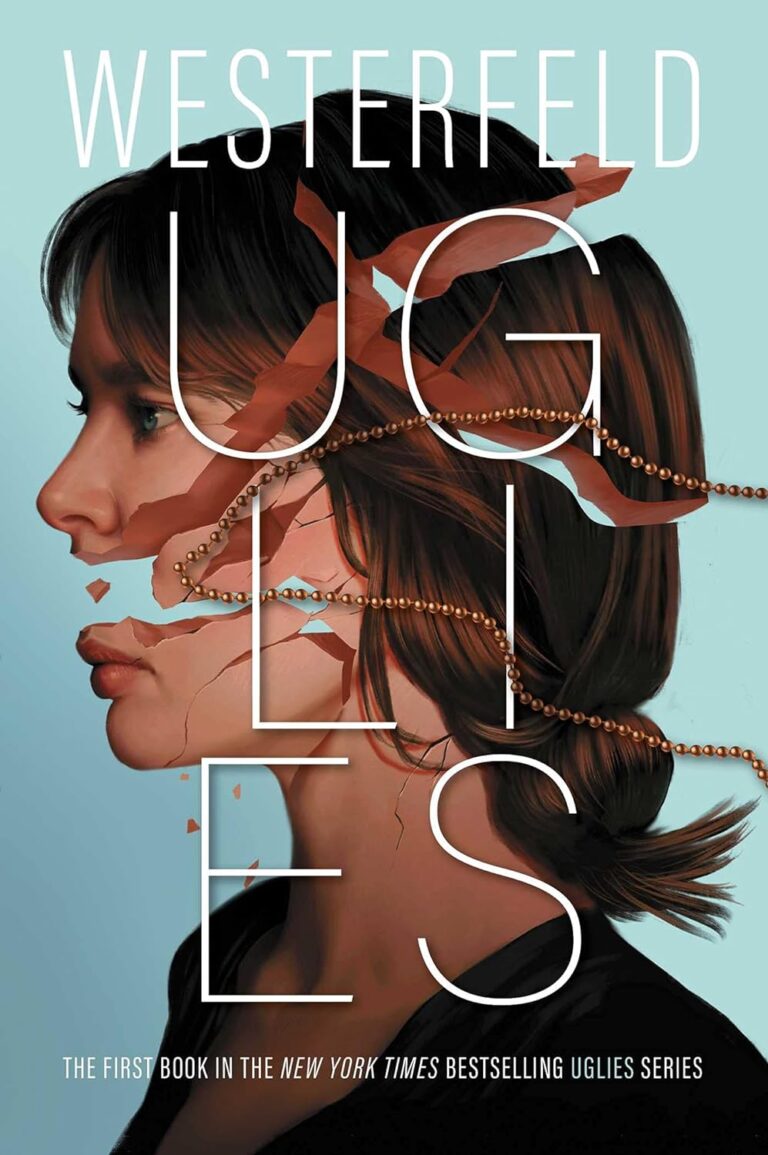The Quiddity of Speculation: Great Dystopian Novels


The Quiddity of Speculation: Great Dystopian Novels
WELL met and welcome back, Beardies!
Welcome to the second part of the first post in our new series, The Quiddity of Speculation. In the first part, we discussed the ingredients of a good dystopian novel. Now, in the second part, we’ll be talking about a few books and authors who have done the job spectacularly. As you’re reading this post, please keep in mind that there are scores of great dystopian novels available, and don’t let my choices limit your reading. If you don’t see your favorite on this list, please tell me about it in the comments—I am always looking for suggestions!
Beauty Queens by Libba Bray (Scholastic, 2011) combines classic dystopian elements with a humorous twist. Lord of the Flies meets Miss Congeniality when the contestants of the Miss Teen Dream Pageant are marooned on an island following a plane crash. Through the humor, Bray develops a quasi-dystopian society along with a scathing indictment of ageism, sexism, consumerism, and reality-TV culture. Although some may not consider this book a true dystopia, I have chosen to include it in this list because it delivers in all three key areas of dystopian fiction—setting, revolutionary thinking, and food for thought—and continued to resonate with me long after the last page.
THE publication of The Hunger Games Trilogy by Suzanne Collins (Scholastic, 2008-2010) was the beginning of the current YA dystopian fiction craze. In case you’ve been living under a rock (or trapped under one) and have missed the hype surrounding this trilogy, the nation of Panem is divided into twelve districts, each of which must send one girl and one boy each year to participate in the Hunger Games, a fight to the death on live television. When Katniss Everdeen’s little sister is chosen for the Games, Katniss volunteers to go in her place. In doing so, she sparks a rebellion that will change the world as she knows it. Katniss is, at best, a reluctant heroine, as she wants only to save her sister. The Hunger Games Trilogy perfectly exemplifies that while revolution is a hallmark of dystopian fiction, sometimes the best revolution is the one that starts accidentally.
**Since this was first posted, Suzanne Collins has released a 4th Book in The Hunger Games Series, a prequel to the trilogy called The Ballad of Songbirds and Snakes, linked above.
AN interesting take on dystopian society is The Chemical Garden Trilogy, by Lauren DeStefano. The first book, Wither (Simon and Schuster, 2011), establishes a world in which a botched attempt to create genetically-perfect children has caused all girls to die at age twenty and all boys to die at age twenty-five. As a result, a teenager’s only job in life is to repopulate the world, which gives rise to widespread polygamy. The protagonist, Rhine, is one of three wives to Linden. The action moves slowly in this dystopia, but it is an excellent example of character-driven literature. DeStefano follows up with Fever (Simon and Schuster, 2012) and Sever (Simon and Schuster, 2013).
William Golding’s Lord of the Flies (Faber and Faber, 1954) was the first acknowledged dystopian novel. Although not an immediate success, it eventually became a bestseller and is still required reading in many schools. Its plot centers around a group of boys who survive a plane crash and the disaster that ensues when they try to govern themselves.
The Giver by Lois Lowry (Bantam, 1993) won the Newbery Medal for excellence in children’s literature, becoming the first dystopian novel to win a major literary award. Lowry returned to the world of The Giver with two companion novels, Gathering Blue (2000) and Messenger (2004), and a sequel, Son (2012), all Houghton Mifflin), finishing off The Giver Quartet. Jonas lives in a seemingly perfect world where every family consists of a mother, father, and two children and no one ever feels pain. When Jonas enters the adult world at the age of twelve, he is assigned to be the Receiver of Memory—the person who will carry the memories of the past into the next generation for all of society. In his training with the mysterious man known as the Giver, however, Jonas comes to realize that all is not as perfect as it seems.
IN Veronica Roth’s Divergent (Katherine Tegen, 2011), Beatrice Prior lives in a future Chicago wherein society is divided into five factions, each of which values a different quality in its members. Beatrice was raised by Abnegation (the selfless), but at the age of sixteen, she will take a test to determine if she should continue in that faction or become a member of Erudite (the intelligent), Amity (the kind), Dauntless (the brave), or Candor (the truthful). Her test results, however, reveal that she is none of the above, but rather Divergent, and thus considered a danger to society. Although this is a stellar novel for many reasons, Roth excels at developing the setting in what remains of Chicago. Beatrice’s story continues in Insurgent (Katherine Tegen, 2012), and Allegiant (Katherine Tegen, 2015), to close out The Divergent Trilogy.
TALLY YOUNGBLOOD is the heroine of Scott Westerfeld’s Uglies Series (Simon and Schuster, 2005-2007). In the twenty-fourth century, Tally is about to turn sixteen. When she reaches that milestone, she will undergo the Surge, an extensive cosmetic operation that will turn her from an Ugly into a Pretty, the beginning of her adult life. Just before the operation, though, she discovers place called the Smoke and the people who live there, all of whom have chosen not to undergo the Surge. Through the “Smokies,” Tally learns some shocking truths about the effects of the Surge and about her society as a whole.
{—CONCLUSION—}
DYSTOPIAN fiction is currently one of the hottest trends in young-adult publishing, and excellent dystopian novels abound. I hope you will take the time to read a few of these, but please don’t be limited by my choices. I’m looking forward to hearing about your favorites, too—please tell me about them in the comments!
Happy Reading & Happy Scribing!




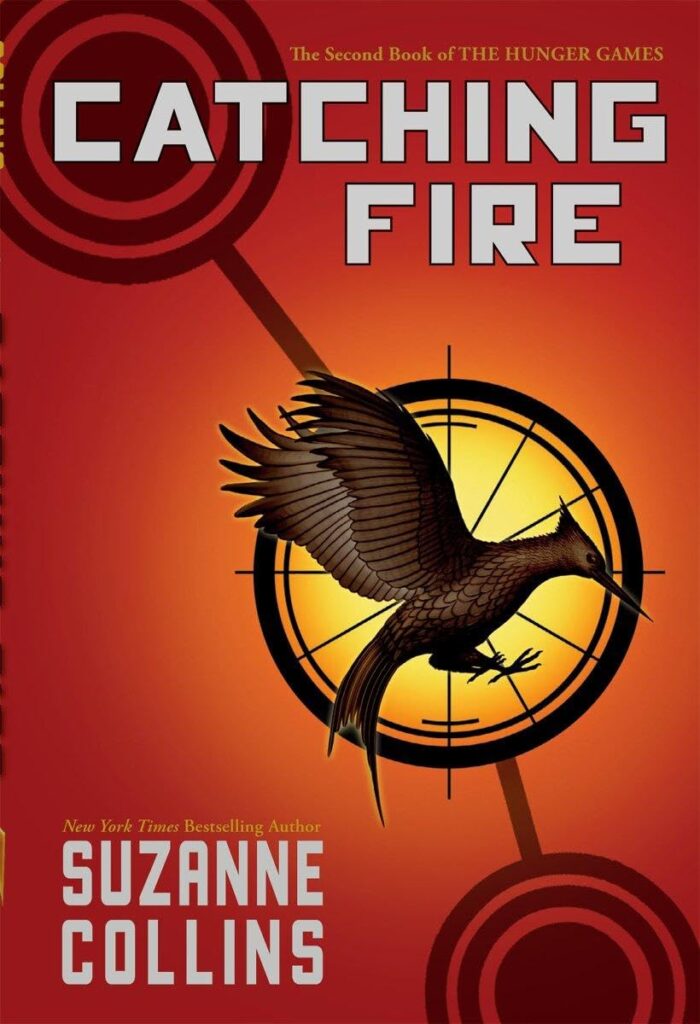
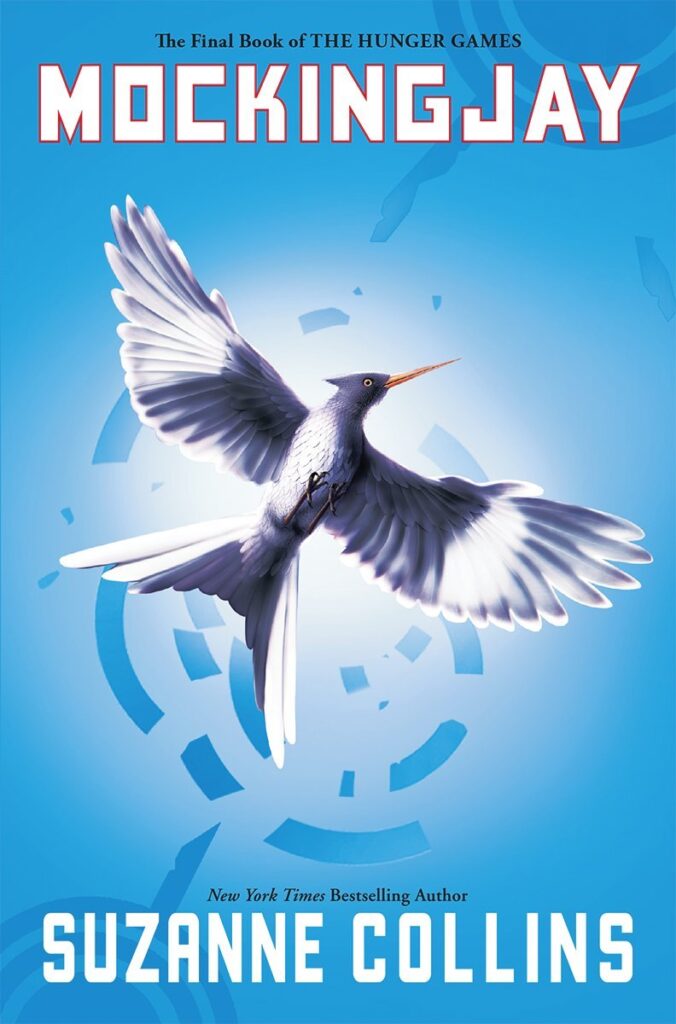
![[BOOK COVER] The Ballad of Songbirds and Snakes (A Hunger Games Novel) by Suzanne Collins](https://m.media-amazon.com/images/I/81EGcrHKG-L._SL1500_.jpg)

